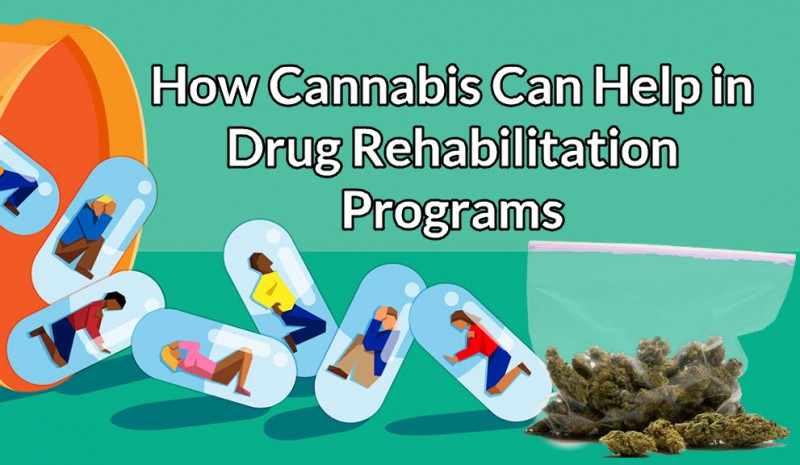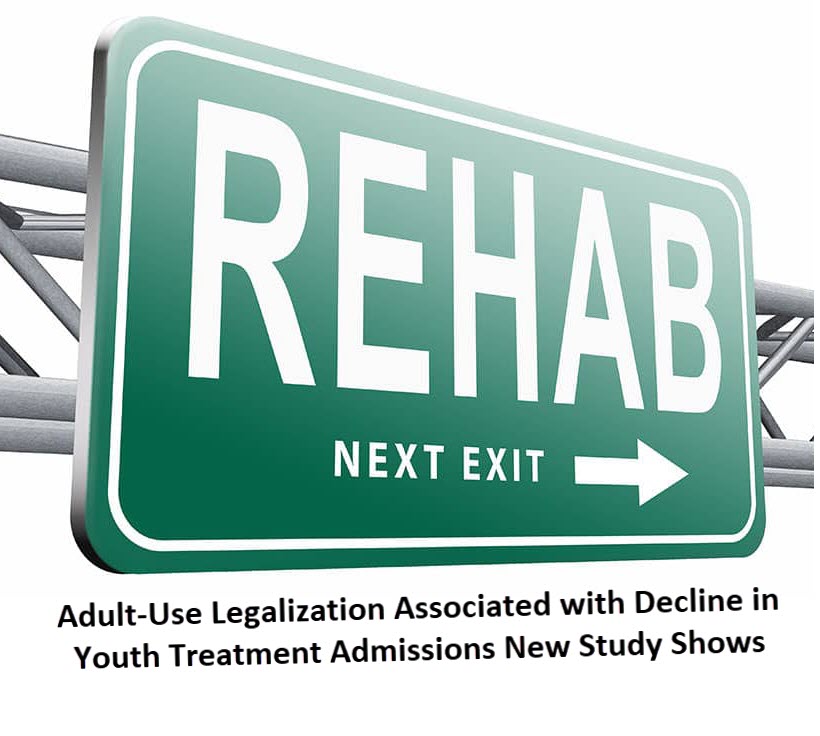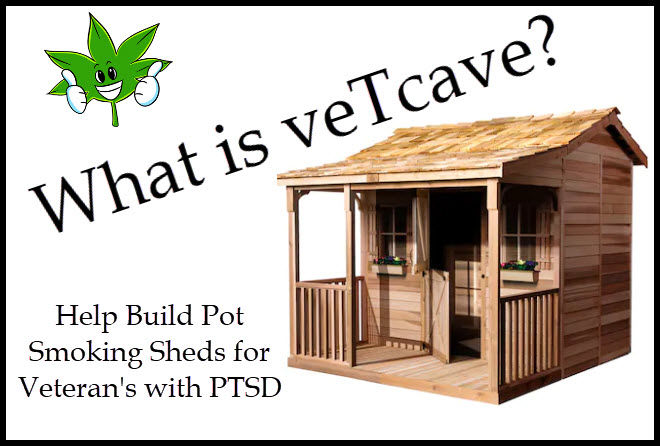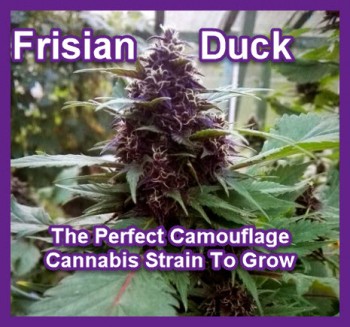How Cannabis Can Help in Drug Rehabilitation Programs
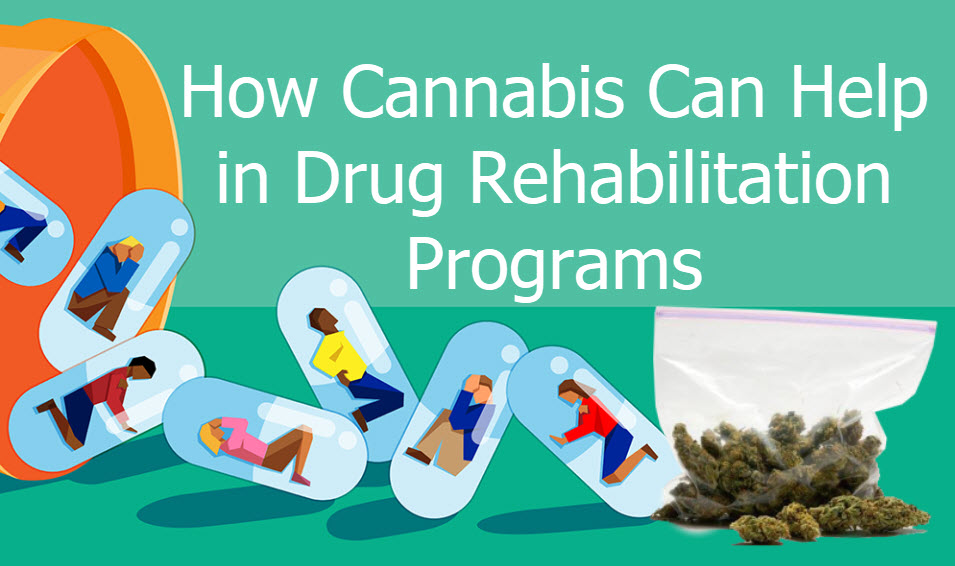
It is no secret that the drug problem in America shows no sign of stopping. As the government aims to curb the proliferation of illegal substances, communities are doing their part to help those who are suffering with addictions to meth, cocaine, and other drugs. On a positive note, more and more people are becoming aware of the value of providing intervention.
According to MarketWatch.com, over 2.5 million people in the country underwent treatment and rehabilitation in 2014. Along with this, innovation in rehab technology and methodology has also experienced an uptick as treatment centers continue to spread across the country.
In addition to that, new and better strategies are becoming even more accessible to the general public. Interestingly, one strategy has cultivated interest and a fair share of controversy. The use of marijuana for treating drug addiction has raised some eyebrows, but experts in the field of addiction treatment are looking at it from a new perspective.
The principle of harm reduction
It might seem far fetched (ridiculous even) to use what was once an illegal drug to treat drug addiction. Some would compare it to pouring more gasoline on a burning house, but others see it as a viable and safer approach to treating severe addictions.
The paradigm for drug addiction treatment revolves around the need to reduce harm to addicts. Doctors and researchers in the field are taking this paradigm seriously, hypothesizing that addictions are best treated gradually. Cannabis, while stringently regulated in some states, contains substances that may enable people suffering from addiction to gradually reduce their reaction to triggers.
As a form of pain relief, marijuana can actually help patients as they go through the process of purging their cravings for opioids or crack cocaine without the use of extreme treatment methods. Thus, cannabis and cannabis-based products are thought to be helpful in harm reduction therapy. Full abstinence is difficult to attain in the face of severe addictive disorders and marijuana can provide temporary relief on the path to becoming clean.
More space for discussion
The downside to these theories is that they are patently inconclusive. There is little research being undertaken to support the claims that marijuana could help in drug rehabilitation. On the other hand, there are studies suggesting that the use of cannabis, including CBD oil as an addiction recovery aid could, in fact, worsen current addictions or replace these addictions outright.
Numerous people in the field of medical research have invested time and resources in the idea that cannabis or certain forms of it could have a place in drug addiction treatment plans but it might take some time before these studies make a significant impact. For now, patients and their loved ones should rely on inpatient drug rehab centers that put emphasis on evidence-based solutions.
Innovation and legislation
The use of cannabis has been a controversial topic within medical circles for such a long time but there has been growing interest among medical research institutions. Investments in cannabis research have become extensive over the years as the healthcare industry undergoes a seismic shift. As cannabis generates a mass appeal as an alternative option for cancer patients, it is no surprise that it has also opened up better ways for addressing such issues as drug addiction.
Innovation in cannabis processing has been going on for some time, giving independent dispensaries, medical practitioners, and growers ample space for coming up with new strains that can help alleviate the effects of drug addiction.
Sure enough, a study by researchers from the Cannabis and Cannabinoid Research journal suggests a closer look at the use of cannabis for treating opioid addiction. While the results have been inconclusive, it still warrants further examination by an intersection of professionals in the healthcare, medical sciences, chemical, and biological fields.
There has to be ample support coming from the Fed and local governments for uncovering the therapeutic potential of cannabis. The task at hand is difficult, given the widespread misinformation that sought to discredit the plant's rightful place in medical treatment for all these years. First and foremost, scientists and politicians will have to deal with how to keep the public informed about the actual evidence that bridges knowledge gaps and points to the existing medicinal properties of cannabis.
This progress will start when state legislators read the existing literature with an open mind and take what is said about cannabis by big pharma and government entities with a grain of salt. It will also require strong public support so politicians feel safe voting in favor of research and even decriminalization.
Cannabis, just like any drug, has its advantages and disadvantages, but it should not stop us from studying what it could do for rehabilitation. There are studies that indicate that cannabis could be a viable solution for drug addiction. It’s time that we invest in more research to reach solid conclusions.
CANNABIS IN REHAB, READ MORE..
CANNABIS LOWERS DRUG REHAB VISITS IN YOUTH!
OR..
WHAT IS VETCAVE REHAB PROGRAMS, READ THIS.

